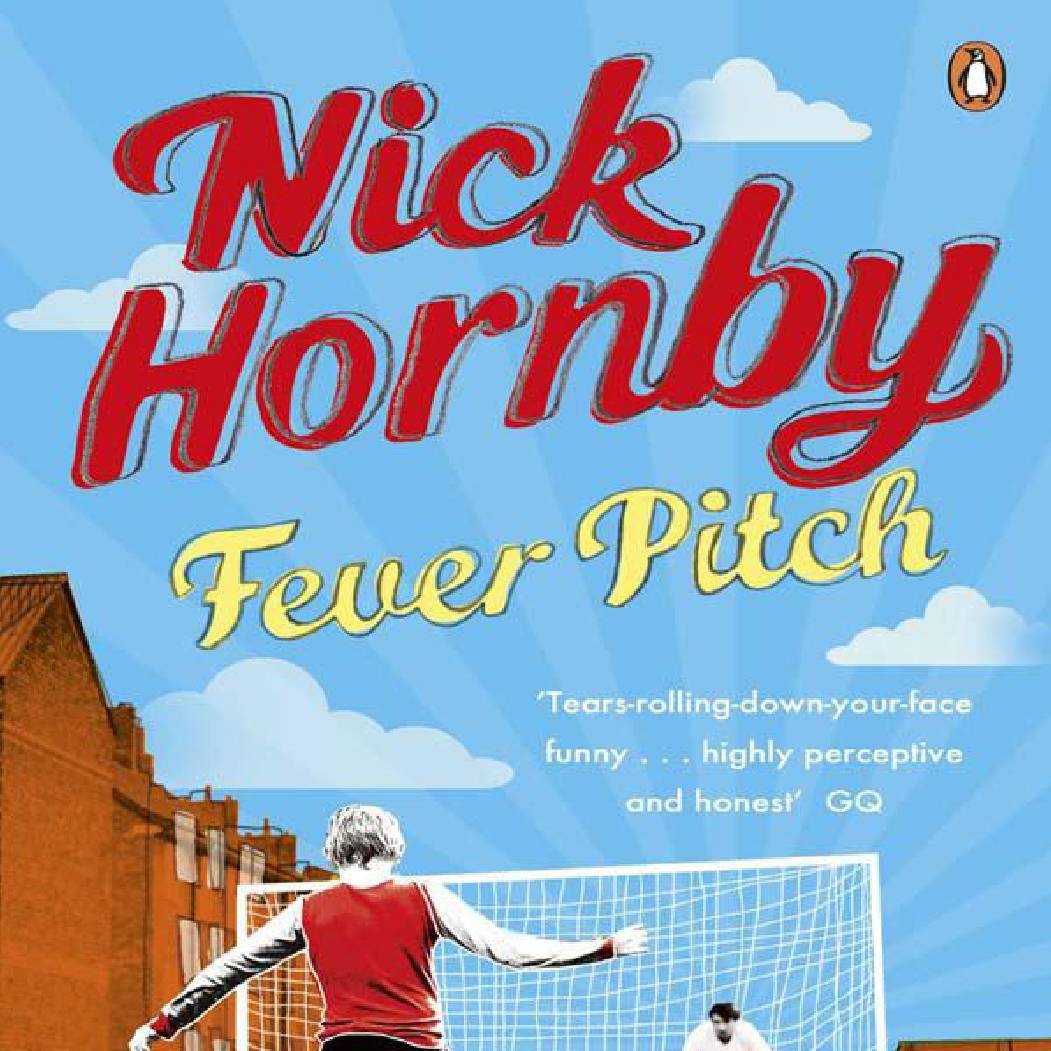
That received wisdom is, well, a little misleading. Then Gazza burst into tears in Turin, kindly telly-uncle Rupert Murdoch showered the game with banknotes, the Premier League was launched in a cannonade of confetti and, hey presto, not only was football out of the wilderness, suddenly it was the biggest show in town. Football was Britain’s embarrassing relative, a nation’s shame. The received wisdom is that football at the dawn of the 1990s was a dispiriting spectacle watched in crumbling stadiums by a few thousand grunting troglodytes more interested in stabbing each other than following the game. These competing ideas of football and of what makes the sport relevant and valuable, both socially and personally, make it the perfect time to examine the impact and legacy of Hornby’s masterpiece. But the 150th anniversary of the first football international between England and Scotland is a reminder of the deeper cultural importance of football. Over 6,500 migrant workers died building the stadiums in Qatar, to stage a tournament that has been protested against even by the players competing in it. Slightly baffled that he continued to function as a rational adult when so many of his waking hours were spent thinking about football, Hornby even confessed to hoping his spirit would be able to linger posthumously at Highbury (although the ground’s subsequent development into luxury flats would have left the spectral Hornby watching nothing more exciting than a web designer playing Fortnite while his sourdough proved).īut its anniversary coincides with a World Cup that represents all that’s He told of how his love for Arsenal permeated every aspect of his life and had done so ever since his first visit to Highbury with his father.

Hornby’s memoir was a rational analysis of an irrational obsession. Most importantly it galvanised football literature, its influence extending from autobiography to history to the game’s farthest backwaters in ways still recognisable today. When it was published 30 years ago, it became the first football title to win the William Hill Sports Book of the Year.

With well over a million copies sold, it has been adapted for stage and screen and in 2012 was elevated to the prestigious Perhaps the only book to have genuinely reinvented an entire genre is Nick Hornby’s Fever Pitch.


 0 kommentar(er)
0 kommentar(er)
